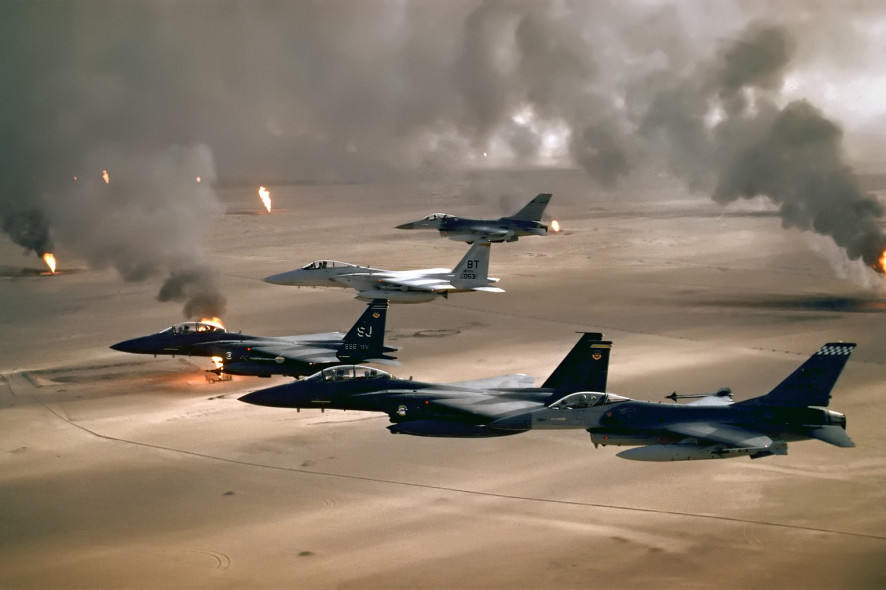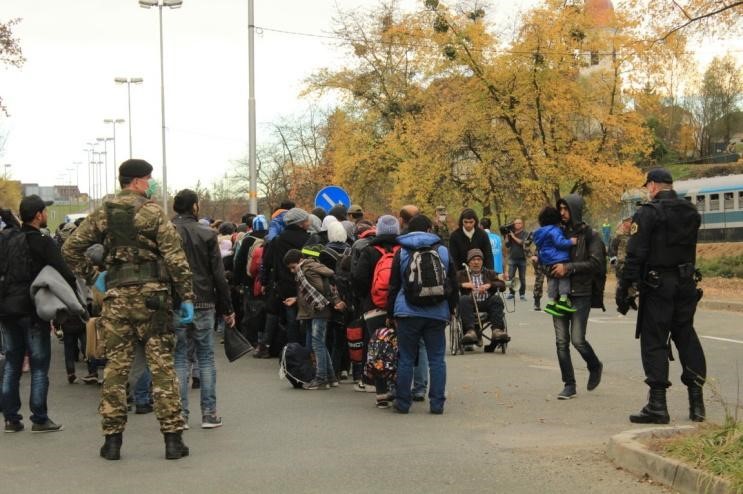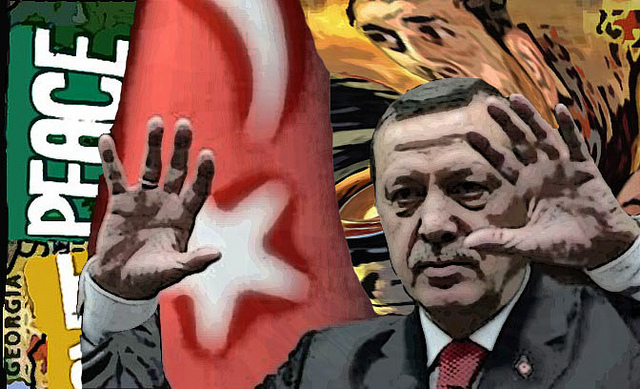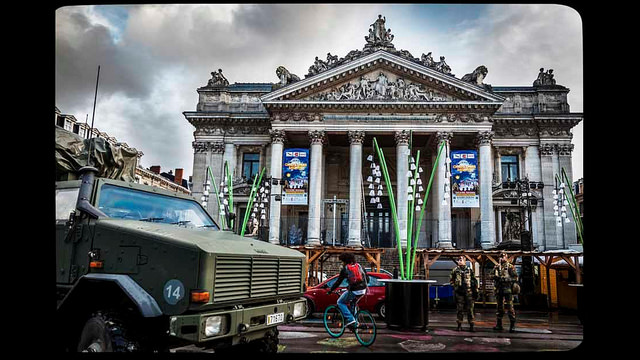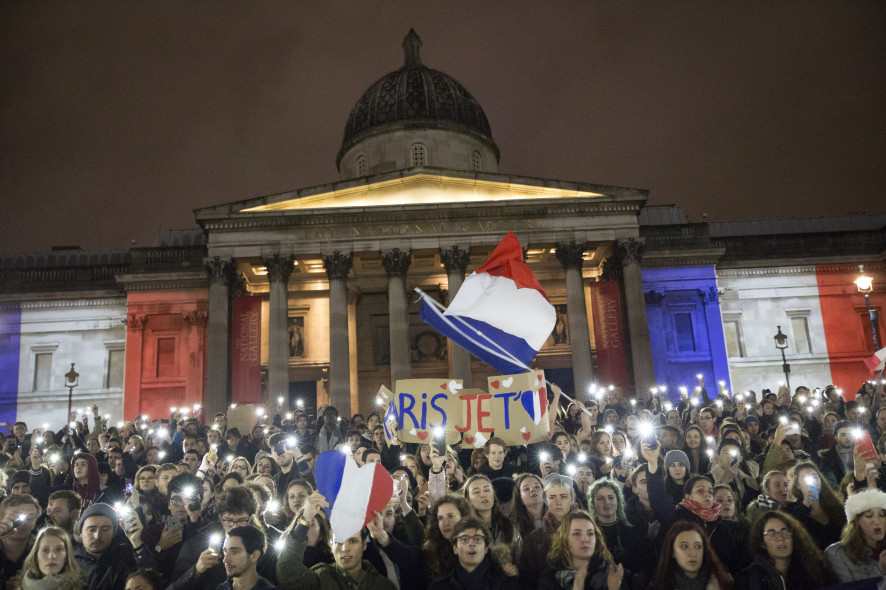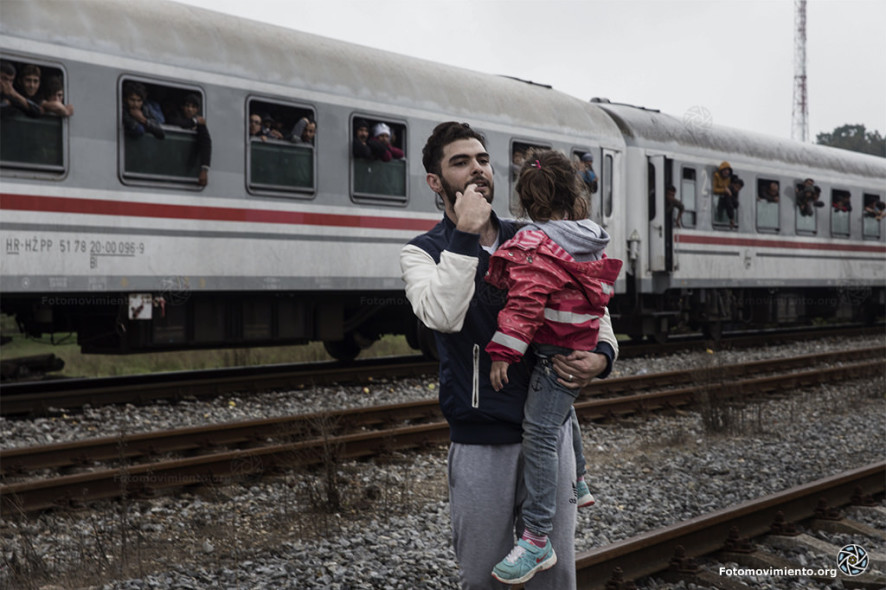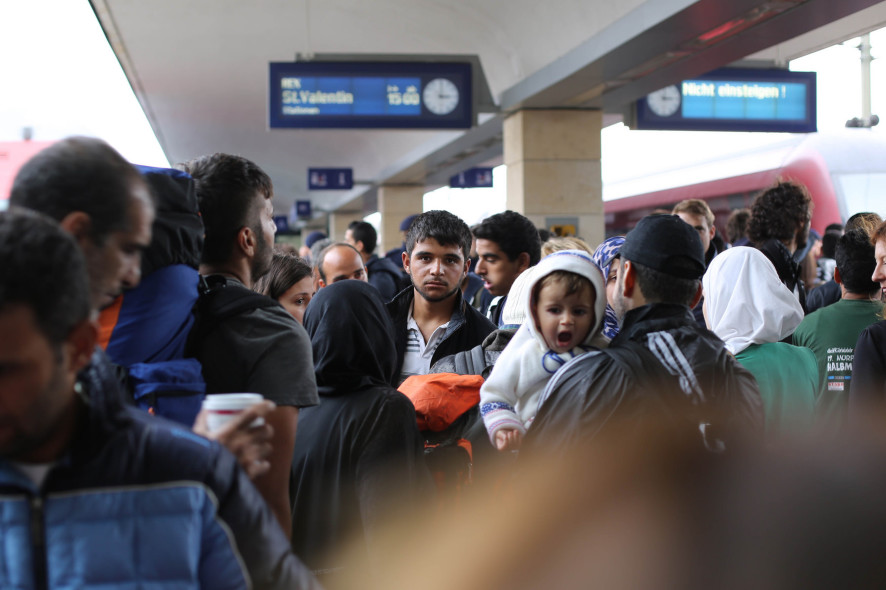In 2015, Michael Lüders wrote a seminal book on the hypocrisy of Western[1] politics in the Middle East. Allegedly driven by Western ‘liberal values,’ interventions from outside powers have been anything but constructive, leaving the region in a much worse, much more chaotic situation than before. Taking Lüders’ major claim as a guiding narrative, it is difficult to not see how the current quagmire in the Middle East, the growth of failed states, violent conflicts, the refugee crisis and the surge of terrorism are largely Western, self-inflicted dilemmas. This does not imply that the illusive concept of the West as a superior state order is responsible for the long list of terrorist attacks over the last months. However, without any doubt, the bottom line is that Western countries, first and foremost the United States, bear a great responsibility in creating their own enemies and accelerating chaotic circumstances and radicalisation.
The good, the bad and the ugly
The first fallacy of several American governments and their European allies has been to distinguish between “the good and the evil” among conflict parties in the Middle East. Policymakers claim to understand the local culture and political situation and choose local leaders to be “evil” where deemed appropriate. It’s a process chain that has been largely repeated on various occasions, probably starting with the ousting of Mohammad Mossadegh in Iran 1953. Mossadegh had been a democratically elected chef d’état, and Iran was thriving as a showcase of liberties in the whole Middle Eastern region. Largely unknown to most of the public nowadays, the US and the UK were the main instigators behind the regime change in Tehran, putting into place a puppet government (led by the Shah), which catered to British and American economic interests in the country. Guaranteeing foreign domination of Iran’s oil sector for twenty years while neglecting the local population created a breeding ground for anti-US resentments among ordinary Iranians. Numerous are those who believe the Islamic Revolution of 1979 could have been prevented/would probably not have happened without the Western interference in Iran. As if history repeats itself, the same naming and shaming of evil leaders recurred on various occasions, from Saddam Hussein in Iraq, Qadaffi in Libya to Assad in Syria. Former US President George W. Bush coined a famous phrase when speaking of ‘the axis of evil’.
The West is always the best
Of course: contrary to the evil, Western forces feel the need to represent enlightened values and disregard their own severe mistakes (that have cost the lives of thousands of innocent people in the region). They feel empowered to impose sanction regimes (as in Iraq and Iran) – which – by the way – never led to the envisaged regime change and improved social/political climate. Instead, Iraq is a horrific case where a society of well-educated people, including some of the best doctors and scientists in the Middle East, was destroyed by an externally-sanctioned regime. Throughout the 1990s, the country was so badly hit that at times even first-aid mechanisms and vaccinations for childhood diseases were missing. Western ignorance also surfaces when it comes to the choice of “friends” in conflicts in the Middle East. While cooperation with Russia was always seen as an option of last resort, supporting dubious proxies on the ground was done without the blink of an eye. Blatantly, the American decision to dissolve all armed forces of Saddam Hussein and replace them with an Iraqi army of their own liking pushed thousands of former soldiers into the arms of more radical forces such as the Islamic state. Equally opaque, US weapon support to allegedly moderate Islamist forces ended up arming Jihadist groups in the Syrian civil war. The Islamic State would not have been able to acquire such weapons without indirect, unintended American assistance.
The axis of instability
Speaking of an axis of evil has been an American narrative, and the war against terror has been continued by Barack Obama with much smoother language, using drones and surrogate warfare without any ‘boots on the ground.’ Hypocritical positions by consecutive American administrations have magnified the situation. Take Egypt, a de facto military dictatorship, tolerated by all Western forces for reasons of stability and even financed with trillions of dollars (making it the largest rentier state on earth). Take the Gulf States, whose citizens often finance radical Islam in the region, but who are still best partners, mostly Saudi Arabia. Or the Israel-Palestine conflict, which the West has considered for a long time as so one-sided pro-Israel that the real underlying problem has not been understood. Could it be worse? Well, the EU has admitted to its own ambivalence and narrow-mindedness by adopting a far more distanced, differentiated neighbourhood policy towards Middle Eastern countries. Accepting one’s own mistakes, not forcing one’s own views on states in the region are some first steps to be taken … but from the American side there is no such thing to be expected in the near future. There’s a new President about to be elected, either a candidate that wants to abandon NATO and pull back all American troops. Or an expansive agenda by the less radical, yet still belligerent democratic candidate, which could lead to new tensions/errors in the Middle East. Finally, supporting the Arab uprisings has been the right and only choice by Western countries, but not following up afterwards has been a cardinal error, as the crumbling state structures in Libya and Iraq demonstrate. The reality is that the Middle East resembles an axis of instability stretching from Syria to Libya, and the US remains invested in all major conflicts – without a clear idea where this investment will lead to.
[1] The „West“ is here understood as a concept delineating mainly the United States and its allies in Europe – all countries which claim to support liberal democracy, rule of law etc.
inspired by: Michael Lüders (2015): Wer den Wind sät: Was westliche Politik im Orient anrichtet. German Version.
photo from flickrccl.

